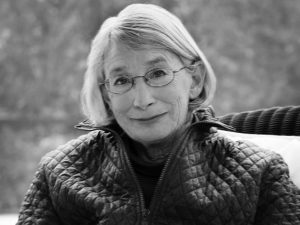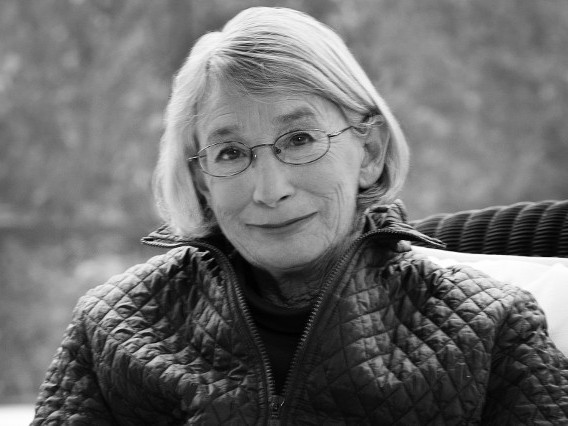Review written by Conlan Salgado
This is not the age of poetry, nor of great personalities. No one really knows at all what this is the age of, but I think when it is finally named, it will not have the word great in its title. Someone suggested to me the other day that poetry was anachronistic, to which I responded that it seems that human inwardness itself is anachronistic. Harold Bloom, the greatest critic of the twentieth century, said that great poetry is never anachronistic, that it is “perpetually relevant” to the human problems and human desires of any age; I myself accept his judgment as correct, and therefore must assume that it is the priorities of this era which are anachronistic though they have scarcely been realized. I call the priorities of this era anachronistic because they are priorities which have belonged to every other age, and never fail to disappoint humanity. The priorities of this era are anachronistic because they do not reveal anything of the needs of this era or of this era’s people, and somehow or another, an era always ends up being defined by its needs rather than its priorities.
That this society lacks great poetry and great personalities means, among other things, that the soul of our civilization has grown small and petty; it is barely able to hold the resentment it has against its own childhood and, like many young adults, is busy rebelling against anything that isn’t anything important. We don’t have great poetry because we don’t have great poets; I don’t know why this should be, since poets are born and not made, but I suggest it is partly because we live in an anti-literary society (and not merely an unliterary one). Unfortunately, having no great poets in this era, we have no spokesmen for this era, and therefore no one to define it. It might even be said that we don’t know what this age is the age of precisely because we have had no one who can be its spokesman and identify its needs and ambitions. Walt Whitman spoke for the Nineteenth Century in Song of Myself, and T.S. Eliot spoke for the Twentieth Century when he authored The Waste Land, but the Twenty-First Century remains unspoken for. Of course, the Twenty-First Century is hard to define (especially as the subject of literature) because it has no myths, and it has no myths because it has no imagination; with no imagination, we have come to hate complexity (at least complexity which cannot be scientized), and especially the complexity of reality. We must hope and pray this will pass soon.
It is against such a bleak backdrop that Mary Oliver’s poetry must be read. Her last volume before her death, published in 2017, is Devotions. It is a compendium of poems selected from her forty-year career, including her Pulitzer Prize-winning American Primitive. I say that Oliver’s poetry must be read against the bleakness of modern life because she always meant her poetry, first and foremost, to be a refuge from that same life (though never an escape). Like her two primary poetic influences, Walt Whitman and William Wordsworth, she was not a great thinker; she very rarely tried to think about what she reviled in modern life, but occasionally she exclaimed about it: “What misery to be afraid of death./What wretchedness, to believe only in what can be proven.” Her great gift, like Whitman’s and Wordsworth’s, was imagination. It was the ability to recontextualize the world, or rather re-position it so that others might see it from a different perspective. Her perpetual subject was nature, which she viewed as still uncorrupted by the atrocity which was modern society. Her genius comes suddenly and goes, comes suddenly again and goes. Her diction is simple, but within such simple diction appear her insights and flashes of genius, like a shaky lightbulb which never completely goes off. Although she places herself in her poetry, and often speaks in the first person, she never quite becomes a topic of the poem, which is her only distinctly non-Whitmanian characteristic, for Whitman was always talking about himself in some way or another. Her poetic gift of using nature itself to reflect on the enigmas of living every day is perhaps why she is most memorable: “I am as sleepy as any beast. . . .as I row my beautiful, temporary body/through this water-lily world.”
Her death in 2019 is particularly sad, for she was one of the last very fine poets left to us. I cannot say whether or for how long her poetry will be remembered; she certainly provided no special insight into the modern era, but she did provide extraordinary insight into the art of living the everyday (“Let us live it, gesture by gesture”) and the difficulty of meaning. She presupposed meaning was permanent in the universe, and especially in nature and in the body: “My heart says: there, there, be a good student”—and, “We shake with joy, we shake with grief./What a time they have, these two/housed as they are in the same body.” She was a poet of the body, “the pleasures of the body in this world”. And elsewhere, “My body says: let me up and out, I want to fondle/those soft white flowers, open in the night.” Time, which she says in her poetry is only an idea, must decide whether these are exalted enough themes for remembrance.
Devotions is published by Penguin Press.

